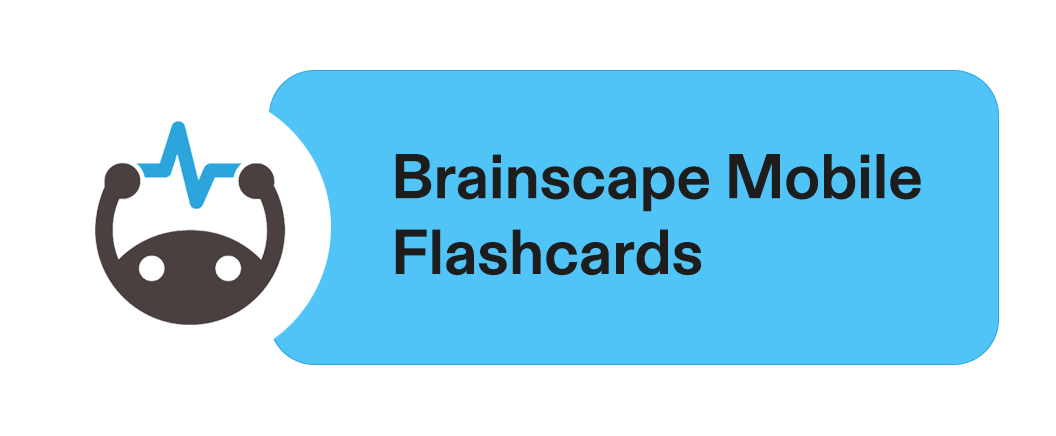
Unlocking Student Potential: How SEL Fosters Success
This article explores the transformative impact of Social Emotional Learning (SEL) on student success. From reducing bullying to improving academic performance, this article delves into how SEL equips students with essential life skills.
Published on August 27, 2024
More than just a "buzzword"
Social Emotional Learning (SEL) is a holistic approach to learning that recognizes how emotional intelligence aids student success.
By focusing on skills like empathy, open communication and stress management, SEL helps students not only in the classroom but also in life. In fact, a 2019 Organization for Economic Co-operation and Development report found that students with fewer SEL competencies have an "increased chance of unemployment, poor health, divorce, and criminal behavior.”
Helping students reach their full potential
Best of all, SEL has proven remarkably adaptable in many kinds of classrooms.
According to a CASEL® survey, 95% of teacher respondents said that SEL skills are teachable and that they benefit students from varied backgrounds. Importantly, SEL can help students succeed and reach their full potential because it:
- Reduces Bullying: SEL work can reduce aggression and distress between students and foster more positive attitudes toward school. In a School Psychology survey study, researchers looking at 39 middle and high schools in Delaware found that “four competencies commonly targeted in SEL programs — self-awareness, social awareness, self-management, and social relationships — differentiated associations with adolescents’ cyberbullying victimization experience” and helped students choose beneficial behaviors toward one another. These programs teach students to recognize and manage emotions, develop empathy for others and establish positive relationships.
- Supports Mental Health: SEL equips students with tools and resources to address mental health challenges. As noted by the Committee for Children, “Teaching mindfulness, coping skills, communication skills, relaxation techniques, self-regulation, and emotion identification and management equips learners with tools and resources to address mental health challenges that interfere with learning.”
- Improves Academic Performance: An independent study that CASEL® sponsored showed that “SEL interventions … increased students’ academic performance by 11 percentile points …” Furthermore, this benefit is long lasting! Students with SEL training tend to perform, on average, “13 percentile points higher than students who didn’t participate.”
- Prepares Students for Real-World Challenges: SEL equips students with skills like critical thinking, problem-solving, creativity and collaboration. Not only are these skills essential for navigating the classroom, they also help people handle the complexities of daily life and the 21st-century workforce.
Creating compassionate learning communities
By focusing on the whole child, SEL helps students reach their full potential in both academics and life.
However, only 12% of U.S. districts measure SEL skill development, and 77% of educators say their schools or districts are barely assisting students using SEL skills. As educators continue to recognize the importance of SEL, they must also ensure that SEL-based initiatives are accessible to all students. Every child deserves a more inclusive and compassionate learning environment that truly prepares them for the future.
Want to learn more about SEL resources?
Explore SEL
By Praxis Editorial Team
Using the Tomorrow’s Teacher blog, the writers, thought leaders, and researchers who comprise the Praxis Editorial Team focus on the pedagogical issues that matter most to educators. The goal: to create and sustain a constant dialogue, and to unite the interests of all those who value teaching and learning.
More Posts

Strategies for Student Engagement and Classroom Practice

By Praxis Editorial Team
Published on August 13, 2024
.jpg)
Top AI Tools That Benefit Teaching and Learning

By Praxis Editorial Team
Published on July 30, 2024

Mastering Teacher Skills Through Performance Tasks

By Praxis Editorial Team
Published on July 16, 2024

Embracing Technology as a Learning Partner

By Praxis Editorial Team
Published on July 2, 2024

Becoming a Teacher: A Guide for Aspiring Educators

By Praxis Editorial Team
Published on June 18, 2024

Supercharging Pedagogy: The Power of AI in Education

By Praxis Editorial Team
Published on June 5, 2024

A Critical Resource: The Importance of Literacy Skills

By Praxis Editorial Team
Published on May 21, 2024
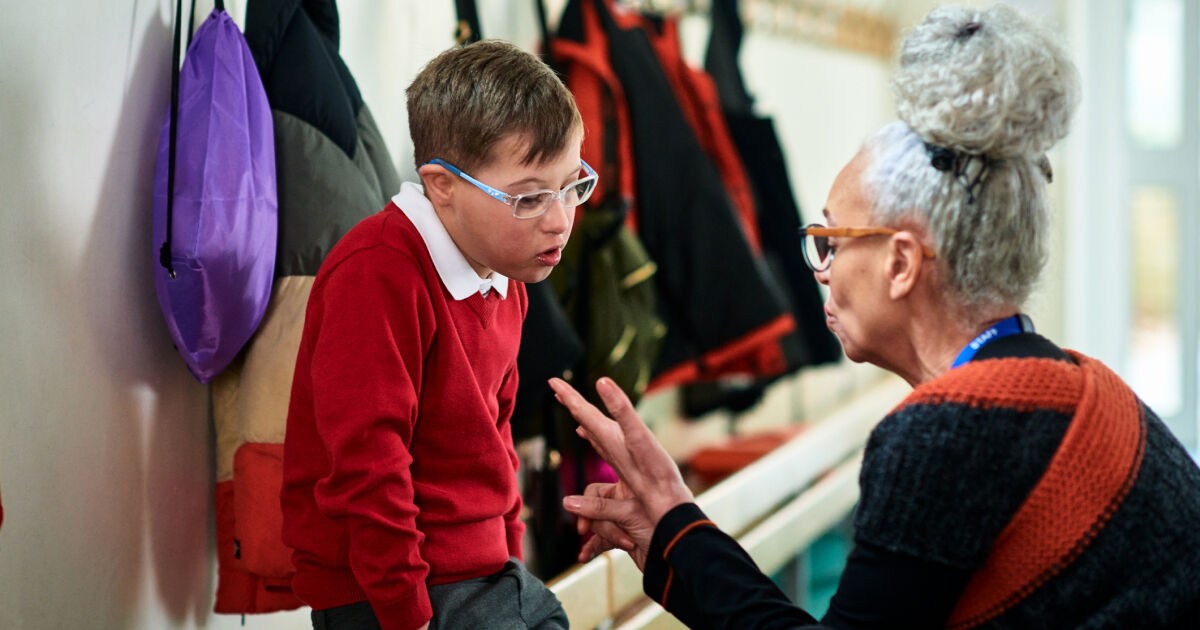
Social Emotional Learning: Vital for Teacher Preparation

By Praxis Editorial Team
Published on May 14, 2024

Overcoming Praxis Test Challenges: Retaking and Succeeding

By Praxis Editorial Team
Published on May 7, 2024
.jpg)
Future Directions: How Praxis and Study.com Consider Educator Preparation and Support

By Praxis Editorial Team
Published on April 30, 2024
.jpg)
Unveiling Educational Impact: ETS Praxis Ventures into New Research Horizons

By Praxis Editorial Team
Published on April 23, 2024
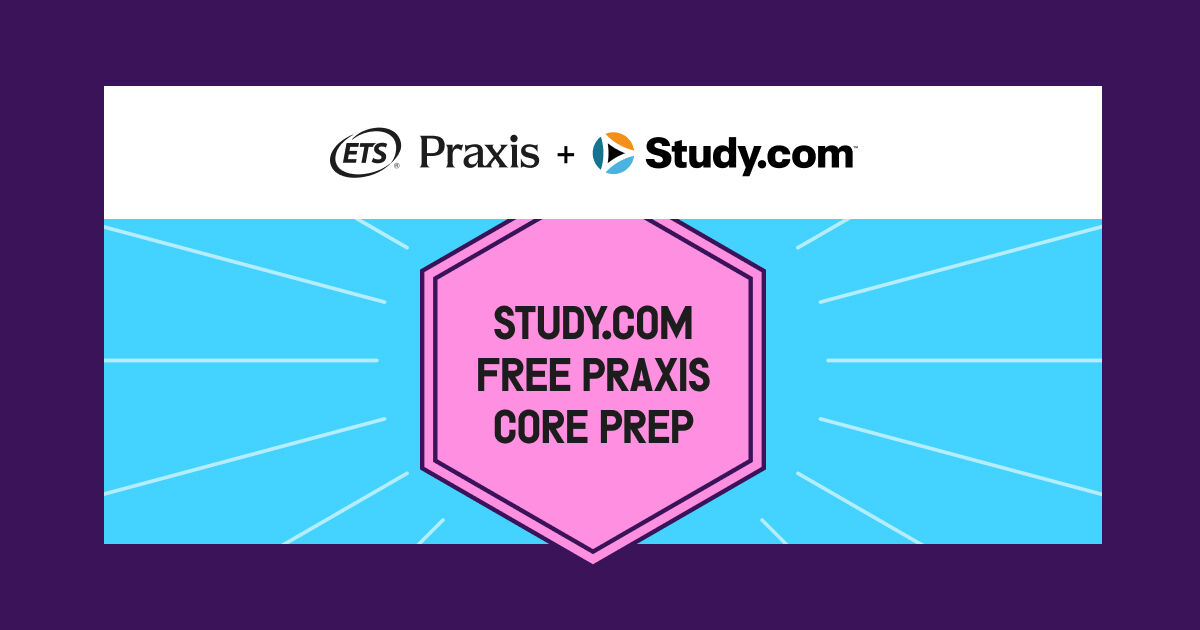
Achieving Success: Our Innovative Test Prep for Praxis Core

By Praxis Editorial Team
Published on April 15, 2024
.jpg)
Unlocking Diversity: ETS and Study.com Research Explores Keys to the Classroom

By Praxis Editorial Team
Published on April 9, 2024

Enhancing Literacy Learning: Blending Technology and Education

By Praxis Editorial Team
Published on April 2, 2024

Get Your Dream Job: Top 10 Interview Questions

By Praxis Editorial Team
Published on March 25, 2024

Making the Grade: Finding Your Ideal First Teaching Job

By Praxis Editorial Team
Published on February 27, 2024

Assessment Strategies I Wish I Knew When I Started Teaching

By Praxis Editorial Team
Published on March 12, 2024

Empowering New Teachers with Professional Development

By Praxis Editorial Team
Published on March 5, 2024
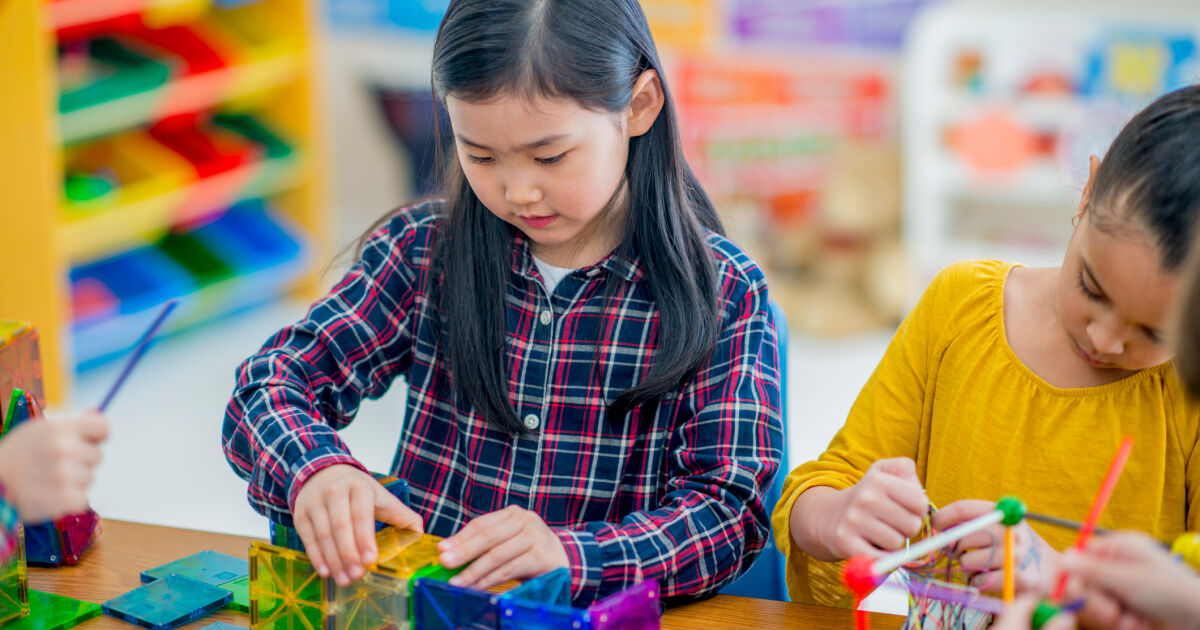
Supercharging Education with Formative Learning

By Praxis Editorial Team
Published on March 19, 2024
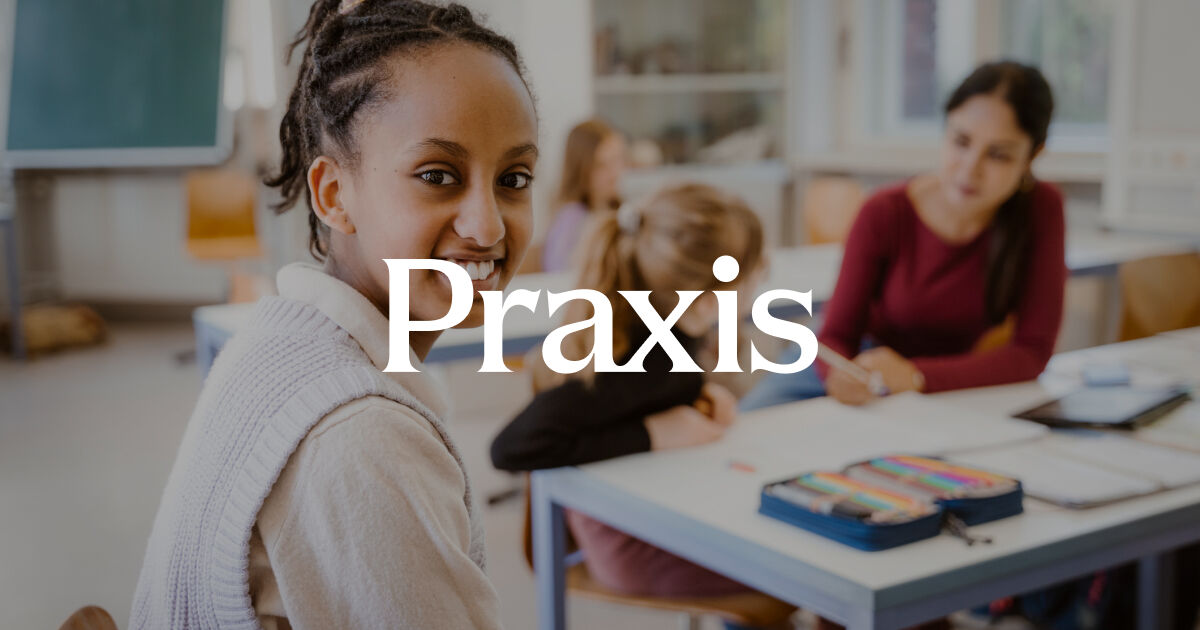
Meet Praxis: Where Education Leads the Conversation

By Praxis Editorial Team
Published on February 20, 2024

Breaking Boundaries: Praxis and Study.com Partner to Empower Educators

By Praxis Editorial Team
Published on February 20, 2024
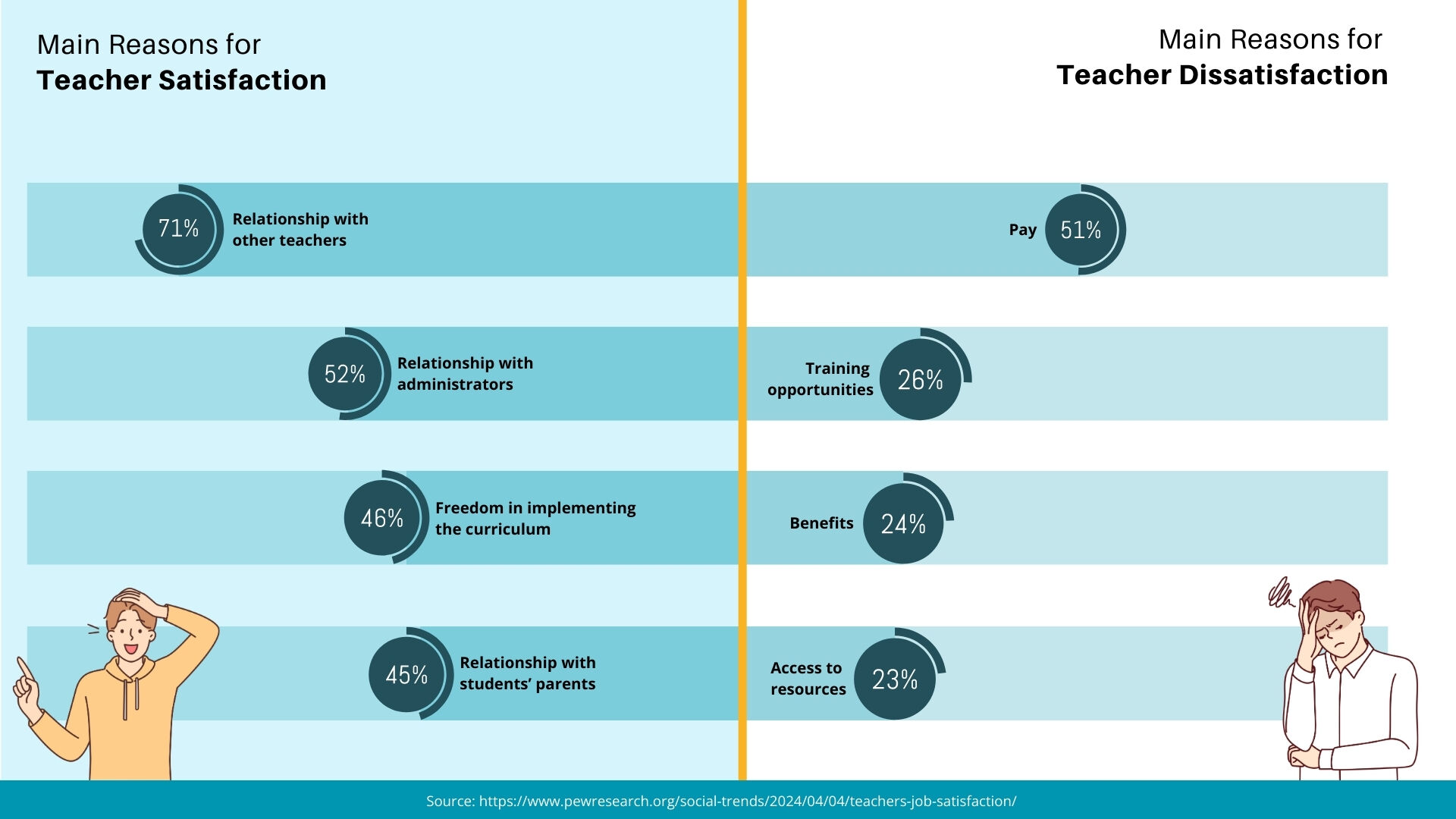
Building the Future of Teaching: Essential Investments for New Educators

By The Study.com Editorial Team
Published on September 10, 2024

Fostering Teaching Excellence: A Cornerstone of Educational Success

By Praxis Editorial Team
Published on September 24, 2024

ProEthica: Promoting Ethical Education and Teaching Excellence

By Praxis Editorial Team
Published on October 8, 2024

Master the Praxis: Essential Tips and Strategies for Exam Success

By Aparajita Mitra
Published on October 22, 2024
New Praxis prep - available now!
Learn more